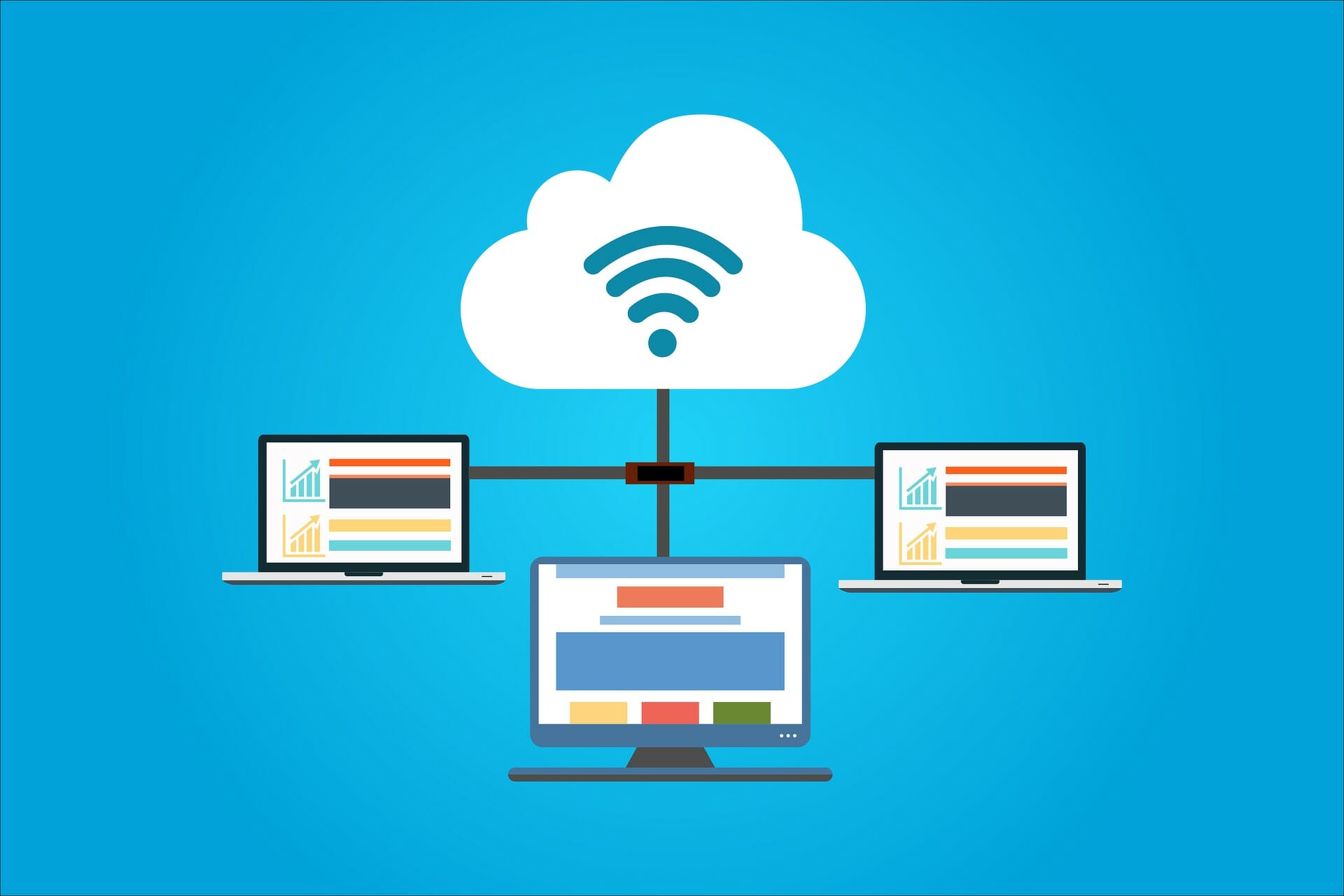When it comes to running a website, one thing that every website owner will have to invest in is a hosting package. Hosting is the computer
For the vast majority of websites, what host you choose will not be too much of a deal breaker. However, when you start to bring in some good levels of traffic, moving between hosts and companies becomes quite important. One such move many people make is with shared hosting to dedicated hosting. Talking from experience of recently moving, here are some of the main thought processes to think about if you are thinking of moving.
What are the Benefits and Drawbacks of Dedicated Hosting?
Dedicated hosting is when you have your own server, that nobody else can use. Generally, when websites get serious amounts of traffic, they will tend to look to dedicated servers:
- No sharing bandwidth – you are more likely able gain more traffic at a consistent level of loading speed (for your website). This will also help when you have spikes in traffic.
- Greater control – With dedicated hosts, you can see how much demand your severs are under, and control them better, since you own them completely.
- However, dedicated servers tend to cost a lot of money, so it only really make sense if you have a lot of traffic coming to a website.
- Dedicated IP address – Your IP address won’t change, unlike shared hosting, so it helps root your website down better for proxies (if you use them).
What are the Benefits and Drawbacks of Shared Hosting?
Shared hosting is when a website is hosted on a server that is shared with multiple websites.
- Traffic bandwidth can be unreliable – Shared hosting works that your website will be ‘juggled’ between shared hosted servers, depending on the traffic your website gets and others. Therefore, the speed at which your website loads might be less consistent than a dedicated server.
- IP addresses are shared – Your IP address is shared with others, since other websites are on the same servers with the same IP addresses. If those websites have negative/bad SEO with Google, it might cause harm to your website’s SEO if you share the same IP address.
- But, it’s cheap. The vast majority of websites use shared hosting, mostly because of the cost benefit, without too many negatives. For small-medium sized websites, this is probably your best bet.




